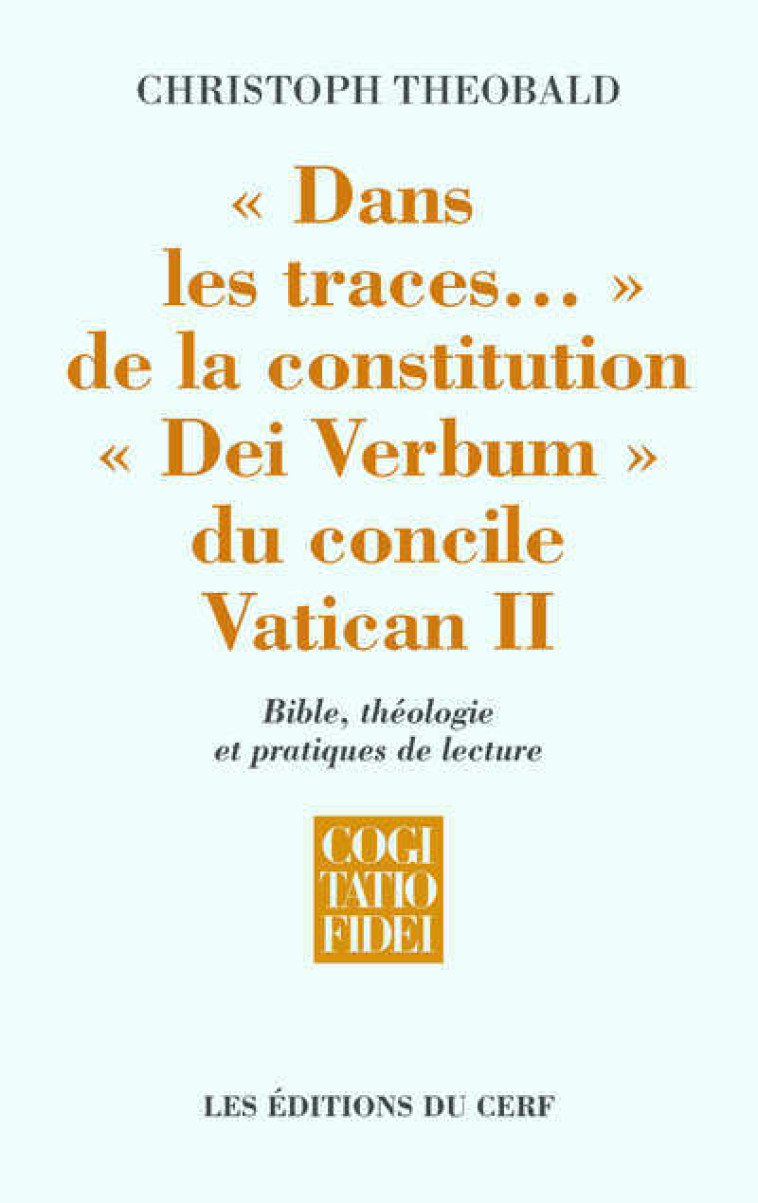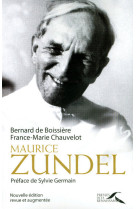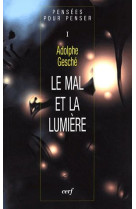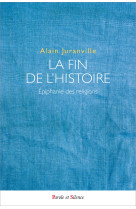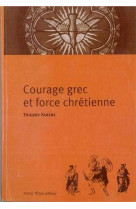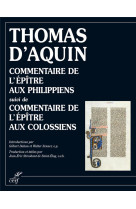Dans les traces... de la constitution dei verbum du concile vatican ii
Christoph theobald
--
Only at the Vatican II council (1962-1965) was a global theory on the Scriptures and their critical and theological reading established. Indeed, it was the principal challenge of the ‘Dei Verbum' constitution on the Divine Revelation and its transmission, with special attention given to the specific role of historical exegesis in the ensemble of interpretive techniques for biblical writings, First or Second Testament. But over the last forty-five years, biblical exegesis and the relation to the Bible in the West have considerably evolved. The Bible is not only considered as a book of the Church but also as a unique cultural object, a matrix of European culture, thus the object of a great variety of interests and studies. In this new context, both post-confessional and multi-disciplinary, Christoph Theobald makes his contribution to an updated reading of the ‘Dei Verbum' and all the problems it creates from the epistemological, cultural, theological and practical viewpoints. Even in the plan of the conciliar document, it treats Revelation and tradition then - in a perspective it calls ‘of reception'- it approaches the inspiration of the Scriptures and their relation to Christian theology then the historical concept of Salvation based on what ‘Dei Verbum' has to say about the Old Testament. In reference to the Gospels, it focuses on the teaching of Christ and finally revisits the various readings of the Scriptures (extra-liturgical and liturgical) and the links between them. The conclusion raises the tricky question of meaning in the Scriptures, especially in the light of the recent Roman synod on the Word of God in the Life and Mission of the Church.

